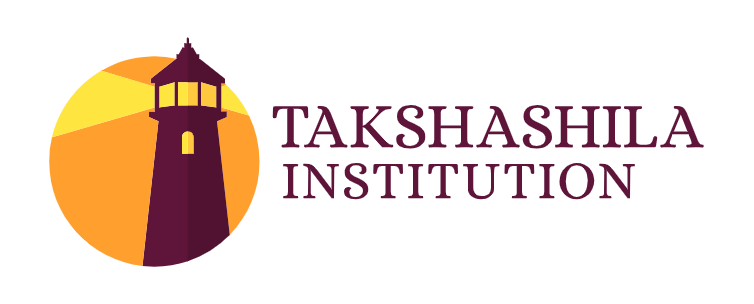Nuclear Terrorism: A tangential but relevant fallout of Russia’s war in Ukraine
By Ajey Karthik
The spectre of nuclear warfare loomed largely but briefly over the world during the ongoing Russia-Ukraine conflict. Vladimir Putin, the President of Russia, made a subtle but overt threat to this effect when he ordered Russian nuclear forces on high alert.
Given the destructive potential of nuclear weapons, it seems incredible that a single person with authoritarian control over their country's nuclear arsenal can threaten the world with a nuclear winter.
The international legal regime over nuclear weapons divides the world into nuclear have’s and have-nots. Moreover, this regime is predicated on the notion that countries already with nuclear weapons are 'responsible,' while the 'have-nots' are untrustworthy. Russia's threat has further exposed this hypocrisy.
Russia's actions are concerning for another related reason- when the notion that nuclear weapons can be used as a tool of political negotiations is made legitimate by nation-states, can non-state actors be far behind? Now, when it comes to nation-states, there are many tools for negotiating (political, economic, military, and diplomatic) to de-escalate and calm tensions. But what recourse can there be to the threat posed by non-State actors with nuclear weapons? Especially when a policy of not negotiating with terrorists is rendered futile in the face of a threat of nuclear annihilation!
Despite the fall of 'Daesh', many terrorist groups remain inclined to access and control nuclear weapons as a tool to achieve their political goals – and some of them operate within India's neighbourhood!
To deal with nuclear terrorism - we have a legal regime (i.e., treaties such as the International Convention for Suppression of Acts of Nuclear Terrorism). There are also international organisations working in this realm like Interpol, IAEA, and the Global Initiative to Combat nuclear terrorism.
However, I contend that an approach reliant on legalism is insufficient. Countries that possess nuclear weapons must lead efforts to combat proliferation, and they are duty-bound to take a more proactive approach. Thus, the goal must be to coordinate to implement standards to combat the proliferation of nuclear material, prevent theft and ensure careful monitoring and safeguarding of nuclear facilities. Given the nature of the threat, this calls for a push for implementation from the highest political executive.
To this end and to strengthen international cooperation - in 2010, Heads of Government came together in Washington to organise the 1st Nuclear Security Summit. After that, biannual summits continued to be held in different locations with a fair degree of amity until 2016 – when Russia refused to attend the Summit held again in Washington.
Briefly put, she argued that she would prefer to coordinate actions through the auspices of the IAEA. Consequently, since then, no Summit has been held.
While there is global consensus recognising the threat that nuclear terrorism poses, there is a failure to coordinate action to combat it.
It's not to say that the Nuclear Security Summit was perfect in its terms of reference - commitments toward nuclear security were purely voluntary based, and it fell short of imposing legal mandates on participant countries. Further, its focus was on non-military atomic material, limiting its role.
However, the fact that powerful Heads of Government assembled to debate, discuss, and commit to nuclear security – sent a powerful signal to the often chaotic and bureaucracy-laden multilateral agencies. Moreover, such Summits acknowledge the urgency of the problem through setting tangible outcomes for the present, measurable goal setting for the future, and coordination of implementable plans to combat proliferation - committed to by the highest level of Government.
The only good nuclear weapon is a dismantled one. But until every nuclear weapon is dismantled, countries must act responsibly, resume dialogue and make coordinated efforts to reduce the danger of nuclear terrorism until such weapons remain or until all terrorism is neutralised.
Ajey Karthik is an alumnus of the GCPP (Defence and Foreign Affairs) Programme.

